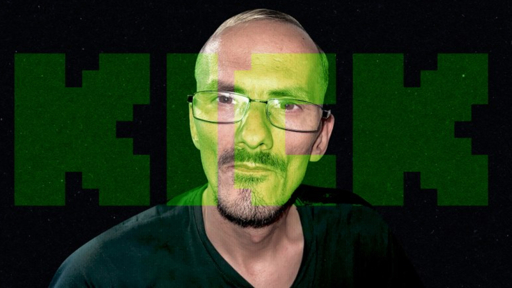Can somebody explain to me why, emotions aside, the French guy is not responsible for his own choices? Unless it comes to light that he was coerced into staying on the show, why are other parties being held responsible instead of himself?
I’m not looking to be controversial, I’m honestly curious if there’s some rational logic to it that I can understand, or this is all emotional.
Other parties are being held responsible for what?
Well the article is about the platform potentially being fined 49M, so… whatever charge they’re being fined for?
Because they profited from his torture and subsequent death?
To your point though, they aren’t responsible in the moral sense that you’re implying. However, they committed a crime when they platformed, promoted and profited from it.
Do we REALLY want to have platforms deciding what content is and isn’t acceptable for us, though? How is this different from the current controversy involving payment processors and their removal of content they find objectionable?
I’d argue the main difference is that it involves a crime.
I’m not completely sure that torture itself constitutes a crime (though I’d be surprised if it wasn’t), but manslaughter/murder is. With few exceptions for medically assisted death, killing someone is a major crime. Presumably, we don’t want to promote people profiting from extreme suffering and death.
I also think there is a time and place for censorship (ex CSAM).
“Objectionable” is a subjective term, but “illegal“ is not.
There’s 2 different parties under discussion here, the other streamers and the platform.
Regarding the streamers, I agree there might be room for a manslaughter charge. IANAL, much less in French law. Personally though, I don’t see how it differs substantially from any other high risk group activity. If you’re free-climbing (or maybe some other activity that involves more chance and less skill), and you’re doing it voluntarily, knowing the risks, is it really fair to blame the survivors if somebody dies?
Regarding the platform, up until the point where a death actually occurred, what could they have reasonably done that would not have constituted some form of censorship? At that point, aren’t we back to the censorship discussion of how much power platforms should have over the content we have access to?
I can kind of see what you are trying to say, but I don’t really agree with your conclusion.
I’d make the distinction that free climbing, while dangerous, is a recreational activity. I can reasonably conceive of people watching that for entertainment. There also isn’t anything morally questionable about it.
On the face of it, I don’t think you could reasonably argue that torture is a pastime.
All of that aside, torture is against international law. It is illegal in all circumstances.
From the United Nation Convention Against Torture:
“No exceptional circumstances whatsoever may be invoked as a justification for torture.”
For that reason, I would say the platform did have an obligation to de-platform it.
Arguably, the police should probably have put a stop to it as well.



